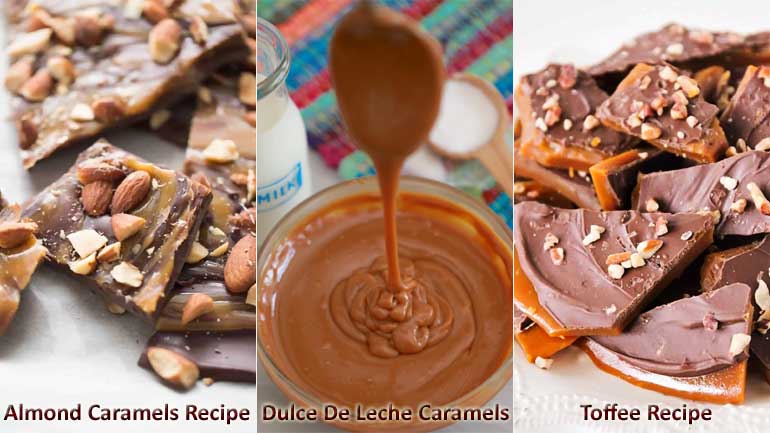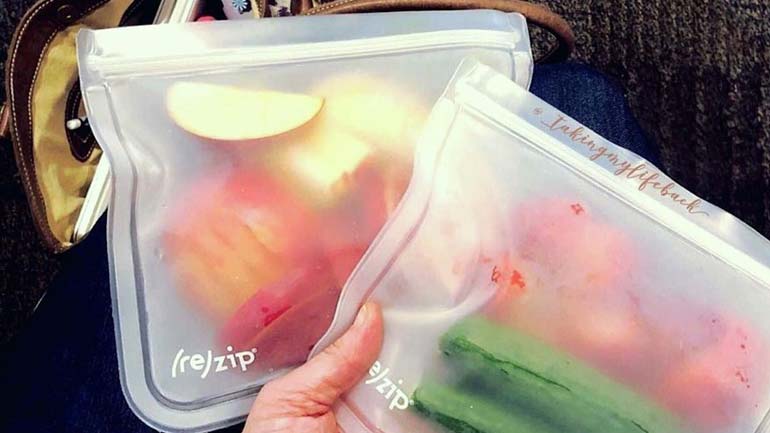
You’ve probably heard of hemp at some point. It’s one of the subspecies or cultivars of the plant species known as Cannabis sativa. Hemp has been used for thousands of years for textiles, fibres, rope, and industrial use. The fibres of this plant continue to be used to make in the modern era such as paper, clothing, ropes, textiles, biodegradable plastics, paint, insulation, and more.
Let’s step back in history – fifty thousand years ago, hemp was among the first green plants that humanity turned into usable fibers. What makes it different from marijuana? Well, industrial hemp lacks many of the cannabinoid compounds that you may know from cannabis like THC and CBD. It still retains many of the healthy, beneficial, and relatively rare nutrients as a plant that help to set it apart – from GLA and ALA, healthy fats and long-chain fatty acids to broad and varied vitamins, minerals, and fibre content.
So let’s take a deep dive into this often mysterious but rapidly popularizing plant and understand if its seeds are in fact a superfood or not.
What is hemp seed? Why does it matter?
Hemp seeds are the seeds of the hemp plant, a different variety but the same species as cannabis (marijuana). They are eco-friendly, sustainable, and entirely bio-degradable (as you’d imagine from a plant). Importantly, you will not get high off these seeds (like poppy seeds), but they are great for cooking. They have a great nutty flavor that brings them onto our list of ingredients that make our dishes tastier. However, the soft texture of hemp seeds also makes them ideal for soups and salads.
They’re packed with vitamins, minerals and add nutrient density to dishes, bolstering any dish with plant proteins and fatty acids. While the hemp plant contains some levels of CBD and THC, there is neither CBD nor THC present in seeds of hemp which is great news. This is the key difference that makes the seeds of hemp different from other marijuana-based products. There are a couple of types of hemp seeds which include “Whole hemp seeds” – that is, seeds which are in their natural state from the plant – and “Hulled hemp seeds” which have the shell of the seed removed. The shell of the hemp seed protects the seed but can be removed in order to better digest the nutritional content of the product.
Any kind of activity (for instance, growing, retail) that involves whole hemp seeds, typically requires a license issued by an authority of the respective country (due to it being used to grow hemp). However, “Hulled hemp seeds” are those seeds that have an outer coat removed; this means they can’t germinate so are fine for commercial use. A license is also required from an authority when your activities start with non-hulled whole hemp seeds. Cultivation of hemp is banned in most countries, but in some countries like the US, hemp is cultivated by several licensed growers that legally grow hemp for medical purposes or industrial uses like fibre creation.
What is a superfood exactly?
In our view, a superfood is any food that very rich in nutrients and is considered very good for health. It is any food that can be included in our diet plan but will not harm us by taking it frequently. In short, it can be referred to as a health-friendly food. According to Harvard Medical School, there are 12 superfoods you should eat. Among them are salmon, blueberries, broccoli, eggs, Greek yogurt, beans, walnuts, oatmeal, olive oil, tea, quinoa, and dark chocolate. Well, the list of superfoods is not limited to these 12 foods.
Is hemp seed a superfood?
While hemp seed is not yet declared a superfood by any credible source or authority, there are some reasons to believe that hemp seed is a superfood. These contain the vast nutritional value of hemp seed, its benefits for health, and finally, its use to treat multiple types of health issues. Other plant products like chia and flax would also fall under the same category of superfood status due to their nutritional value.
What is hemp seed’s nutritional profile?
Hemp seeds contain good amounts of proteins and long-chain fatty acids that add great nutritional value to the food.
Raw hemp seeds (a thirty-gram serving) contains:
- 166 grams of calories
- 9.47 grams of proteins
- 14.6 grams of fats
- 2.6 grams of carbohydrates
- 1.2 grams of fibers
- 0.45 grams of sugar
Hemp seed contains a high amount of omega-3 and omega-6 essential fatty acids. These are key nutrients to enhance and support brain function that is only found in fatty fish and certain seeds. Each hemp seed is also a great source of Iron (Fe), Vitamin- E, Magnesium (Mg), Vitamin-B, and Zinc (Zn).
Why are hemp seeds good for health?
Hemp seeds contain fatty acids by the ratio of three to one (3:1), with this ratio the fatty acids are considered beneficial for maintaining healthy cholesterol levels, functioning of the immune system and it may also help in ensuring proper metabolism. Moreover, Hemp seeds contain all nine essential amino acids which are properly absorbed by human bodies. Some of the merits of hemp seed are:
1. Heart Health:
They contain Magnesium (Mg) that regulates cell metabolis and is also useful in the prevention of coronary diseases. Hemp seeds are high in Linoleic Acid, which can assist in reducing arterial cholesterol levels by up to fifteen percent and resultantly aid in reducing blood pressure. Via these avenues, hemp seeds are good for the health of the heart.
2. Anti-Inflammatory Properties:
Hemp seeds have a chemical known as Gamma-Linolenic Acid (GLA) in them, which has anti-inflammatory effects. It can be used to treat both internal and external inflammation caused by antioxidants like sunlight and air pollution. GLA is rare in plant compounds but great for overall wellbeing.
3. Skin and the hemp seeds:
Hemp seeds also have wonderful effects for helping with some skin diseases. For instance, hemp oil can help in relieving Eczema symptoms and improving itchy or dry skin. The oil may have anti-microbial and anti-inflammatory properties, which help to treat acne. Different forms of hemp seeds are used in making different types of skin ointments owing to the properties of the seed.
4. Brain Health:
Recently, it has been found that the ratio of omega-six and omega-3 are balanced in hemp seeds, which is why they support both heart and cognitive health. The intake of these seeds has a positive effect on cognition and may assist with restoring neurophysical function.
Other Hemp Seed Uses:
Hemp seed is used for various purposes including industrial and commercial. For example, it is being used for the production of ropes, textiles, clothing, shoes, food, paper, bio-products, etc. Bast fibers that contain 100pc hemp in their makeup, are utilized to make textiles but they are mixed with flax, cotton & silk plus virgin recycled polyesters. Hemp seeds are also required for the production of mulch, animal bedding, and litter. Similarly, the oxidized form of hemp seed oil turns solid which is used for manufacturing oil-based paints, moisturizing agents. It is also used in plastics production.
1. Hemp seed contains Fiber:
Hemp fibers have been used throughout history for different purposes such as these were used to make ropes and also fabrics. They proved to be useful in making sail canvas. Moreover, pure hemp if gotten has a texture similar to linen that is commonly used for clothing.
2. Hemp Seed as a Building Material:
Insulating material for construction can be obtained by mixing the lime with hemp, which is used in the insulation of walls and ceilings. Hemp fibers are used as substitutes for concrete in many ways such as making durable and breathable homes.
3. Plastic and Composite Materials:
To make composite materials for automobiles, a mixture of fiberglass, hemp fiber, and flax is used. World-renowned car companies are beginning to use hemp in the cars. Hence, it is a futuristic material as well.
Our Conclusion
While there is much to talk about hemp’s industrial value, in this article we have tried to discuss hemp’s nutritional attributes and value.
A large number of people call hemp seed a superfood. Almost all hemp forms or products start with seeds which have unique characteristics as they have a large number of nutrients that are needed for maintaining a healthy diet. Hemp seed has a balance of omega 3 to omega 6, iron, vitamin E. it also contains all of the essential amino acids, which is why they are reported to be one of the most nutritionally complete plants food sources.
These miraculous seeds can be eaten in any form either whole or shelled, raw or toasted, plain or flavored. We can also obtain oil from the seeds that cause seed cake that could be grounded into flour and protein powder. Additionally, hemp food products are increasingly being supplied in most countries. Without any doubt, hemp plants have the same benefits as other plant-based foods have. Its protein is easily digested than animal proteins as it needs far less carbon concentration, it is also environment-friendly. Not only vegetarians and vegans can enjoy Hemp foods as an excellent source of protein but everyone can incorporate it into their diets. Whilst hemp was used mostly for fiber production and industrial use historically, hemp seeds were also an essential food source.
Hence, hemp seeds are not yet declared as a superfood but according to research and our experience, we can say that hemp seeds have all the qualities of a superfood.




